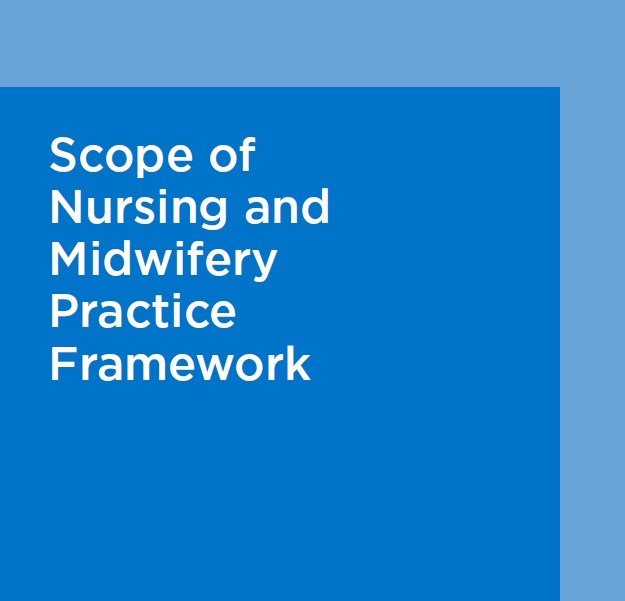Considerations in determining scope: responsibility, accountability & autonomy
The concepts of responsibility, accountability and autonomy are intrinsically linked in determining the scope of nursing and midwifery practice. Nurses and midwives hold positions of responsibility and are, therefore, expected to be accountable for their practice. Responsibility and accountability are the cornerstones of professional nursing and midwifery practice, and are represented as a key principle in the Code of Professional Conduct and Ethics for Registered Nurses and Registered Midwives.
Responsibility is explained as the obligation to perform duties, tasks or roles using sound professional judgement and being answerable for the decisions made in doing this. A nurse or midwife who is considering expanding their scope of practice should realise that this will involve greater responsibility.
Accountability is understood as being able to give an account of one’s nursing and midwifery judgements, actions and omissions. Accountability is about maintaining competency and safeguarding quality patient care outcomes and standards of the profession, while being answerable to those who are affected by one’s nursing or midwifery practice.
Accountability means being answerable for the decisions made in the course of one’s professional practice. A nurse or a midwife should be able to give reasons for the decisions they make in their professional practice and should justify their decisions in the context of legislation, professional standards and guidelines, evidence-based practice and professional and ethical conduct.
Nurses and midwives are accountable both legally and professionally for their practice, that is, for the decisions they make and the consequences of those decisions. Nurses and midwives are accountable to the patient, the public, their regulatory body, their employer and any relevant supervisory authority. Legal accountability involves nurses and midwives being responsible for ensuring they have appropriate professional indemnity insurance, as patients have a right to expect them to hold this insurance in case there is a substantiated claim of professional negligence.
Accountability cannot be achieved unless the nurse or midwife has autonomy to practise. Autonomy refers to a nurse or midwife’s ability to “make some decisions within their own profession and their right and responsibility to act according to the shared standards of that profession” (Varjus et al. 2010). Professional autonomy stems from the ability to use various kinds of knowledge in a critical manner, which offers safe, quality health care to patients. Individual levels of autonomy can vary depending on legislative, organisational and individual factors.

Scope of Nursing and Midwifery Practice Framework
(PDF, 0.76 MB)
Download